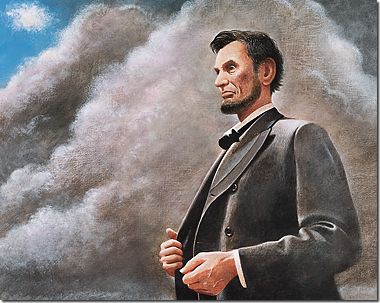
Links
Sheba Medical Centre
Melanie Phillips
Shariah Finance Watch
Australian Islamist Monitor - MultiFaith
West Australian Friends of Israel
Why Israel is at war
Lozowick Blog
NeoZionoid The NeoZionoiZeoN blog
Blank pages of the age
Silent Runnings
Jewish Issues watchdog
Discover more about Israel advocacy
Zionists the creation of Israel
Dissecting the Left
Paula says
Perspectives on Israel - Zionists
Zionism & Israel Information Center
Zionism educational seminars
Christian dhimmitude
Forum on Mideast
Israel Blog - documents terror war against Israelis
Zionism on the web
RECOMMENDED: newsback News discussion community
RSS Feed software from CarP
International law, Arab-Israeli conflict
Think-Israel
The Big Lies
Shmloozing with terrorists
IDF ON YOUTUBE
Israel's contributions to the world
MEMRI
Mark Durie Blog
The latest good news from Israel...new inventions, cures, advances.
support defenders of Israel
The Gaza War 2014
The 2014 Gaza Conflict Factual and Legal Aspects
Lincoln and the Jews

In January 1863, he revoked the only incident of official anti-Jewish discrimination when he countermanded Ulysses S. Grant's infamous Order No. 11, which expelled Jews from Northern Mississippi, Tennessee and Kentucky. Lincoln also appointed seven Jewish generals to the Union forces.
What were the reasons for Lincoln's concern and kindly attitude toward the Jews? First and foremost was the fact that by the time of the Civil War, Jews had become a factor in American life. During the Revolutionary War and the founding of America, Jews numbered a miniscule 2,500 out of a population of approximately 4 million. By 1840, they had only grown to 15,000, but 20 years later, in 1860, the Jewish population had risen to 150,000, out of a nation of 30 million. The Jews emerged from a relatively docile and unseen element in the population to a viable minority, striving for its own rights and recognition.
With the increased Jewish population, the future president knew Jews as admirable neighbors even in the little towns where he grew up.
Louis Salzenstein was a storekeeper and livestock trader in the town of Athens, Ill., near New Salem, where Lincoln spent six years. When Lincoln was postmaster, he collected the mail from "Old Salty's" store, which served as the regional post office. He became good friends with Salzenstein, who was remembered by a town historian as "doing more than any other man toward bettering the improvements and the mode of living in this section."
Perhaps Lincoln's most valued and personal Jewish friend prior to his presidency was Abraham Jonas, an English Jew who settled in Williamston, Ky., near Lincoln's birthplace, and then moved to Quincy, Ill. Jonas and Lincoln became good friends and political allies. Jonas was among the first men to propose Lincoln as the Republican candidate for the presidency in the 1860 election.
Lincoln had many Jewish friends during his law years in Springfield, Ill. One of them was a neighbor, Julius Hammerslough, who visited Lincoln while he was in Washington and who accompanied Lincoln's funeral train on its mournful journey back to Springfield.
There was another fundamental reason for Lincoln's affinity for Jews and Judaism. That was his profound respect and depth of knowledge of the Bible. Although he was not conventionally religious, Lincoln, like many frontiersmen of his day, had spent much time in his youth reading the Hebrew Scriptures. He would often quote from books of the prophets during his speeches to legislators and had an almost encyclopedic knowledge of the Book of Psalms.
His last words, according to his wife, Mary Todd Lincoln, were, "How I should like to visit Jerusalem sometime." Felled by John Wilkes Booth's bullet, he never got his wish.
# reads: 94
Original piece is http://www.jewishworldreview.com/herb/geduld_lincoln.php3